| European Commission – Press release |
Commission presents study on impact of future trade agreements on the agricultural sector
Brussels, 15 November 2016
Economic study gives valuable information on potential effects of future trade agreements and validates current EU approach of systematically protecting sensitive sectors.
The European Commission today presented to EU agriculture ministers the conclusions of a study on the cumulative effects of 12 future trade agreements on the agri-food sector, including specific results for producer prices and production volumes for a range of products accounting for 30% of the value of the EU exports in the sector.
The study illustrates the potential for European agricultural products on the world market, while at the same time also showing the sensitivity of specific agricultural sectors. Detailed knowledge on the potential impacts will allow the Commission to make informed choices during the negotiation process.
Due to the limitations of the available methodologies, the range of agricultural products for which the study provides more detailed analysis is not exhaustive. Possible gains for important products having significant export potential – like fruit and vegetables, wine, olive oil and processed foods in general (accounting for 70% of EU agri-food export value) – could not be quantified in detail nor the gains of improved protection for Geographical Indications.
The assessment focuses solely on the effects produced by reciprocal liberalisation of import tariffs between the EU and the relevant trade partners, not taking into account other provisions with an economic impact (e.g. the reduction of non-tariff measures, in particular sanitary and phytosanitary measures). The impact of measures used by the EU to protect vulnerable sectors in trade deals, such as the systematic use of limited tariff rate quotas (TRQ) is also out of the scope of this assessment.
The study as such is not a prediction or forecast but a highly theoretical exercise reflecting potential outcomes of the successful conclusion of the agreements covered.
Commenting on the study, Vice President Jyrki Katainen said: “the overall picture is positive for high-value European agricultural exports. This study shows that there are sensitivities, however, it focuses on only one part of agricultural sector and does not measure a number of agri-food products which have significant export growth potential. This balance is fully reflected in the EU’s trade negotiating strategy, in which we seek to protect our vulnerable sectors through measures such as tariff rate quotas, while maximising our positive interests whenever possible.
Growth in the area of processed food, in particular, also has positive knock-on effects for the primary production sector. EU exports of agricultural commodities support 1.4 million jobs and another 650,000 jobs in the processed foods sector also depend on our ability to export. The EU economy as a whole benefits greatly from trade as shown by the recent free trade agreement with South-Korea.”
Commissioner Hogan said that “Some Member States and stakeholders have expressed concern on the accumulated effect of the bilateral trade agreements which the EU has been and continues to pursue. This study responds to those concerns and, based on the assumptions made, shows that the effect of international trade agreements on agriculture and the European agri-food sector is broadly positive.”
Commissioner Hogan also stressed that “it is important to note that the conclusions of the cumulative impact study are not a forecast of the successful conclusion of these 12 trade agreements, given that they are based on a very specific set of assumptions which may or may not, in whole or in part, reflect the EU’s negotiating position for those agreements. For example, the study does not factor in the possible reduction of non-tariff measures, for which there are currently no reliable estimates. The use of TRQs for sensitive products, as one would normally associate with trade negotiations, is important to strike a balance for EU agriculture as well as the gains in exports through the protection of the EU’s Geographical Indications”
Significant gains are anticipated for the EU dairy and pig meat sectors, two sectors which have struggled in recent years and which are now showing signs of recovery. On the other hand, the study shows vulnerabilities for beef and rice, both in terms of trade effects and a decline in producer prices. The extent of the impact for these different products varies depending on whether one looks at the more “ambitious” (full liberalisation of 98.5% of all products, and a partial tariff cut of 50% for the remaining products) or more “conservative” (full liberalisation of 97%, and 25% tariff cut for the others) scenarios of the study.
The results of the study also confirm that the EU’s current approach of limiting the liberalisation of imports of sensitive agricultural products in all trade negotiations is the right one. In the case of the agreement recently reached with Canada (known as CETA), the EU will eliminate 92.2% of its agricultural tariffs at entry into force of the deal (reaching 93.8% after seven years). The TRQ agreed for beef in CETA amounts to 45,838 tonnes, to be phased in over 5 years and corresponding to about 0.6% of total EU consumption. Another example is rice: in the trade deal with Vietnam, the EU will only partially liberalise imports of rice, with the rice TRQs representing about 8 per cent of total EU imports, two thirds of which will be earmarked for rice not produced within the EU or to be further processed by the EU rice industry.
The outcome of the study is being presented to EU Ministers today and it is expected that a further discussion will take place in the Agriculture Council under the Maltese Presidency in January.
The study on the cumulative effects on agriculture does not replace the broader and more detailed impact assessments and sustainable impact assessments carried out for each trade negotiation.
For more information
http://ec.europa.eu/agriculture/trade-analysis/impact-assessment/index_en.htm






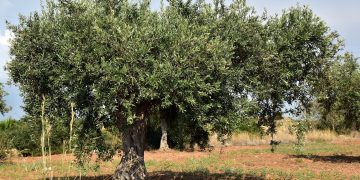

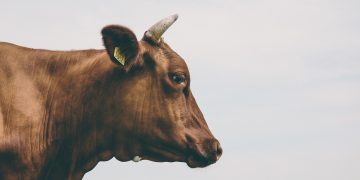
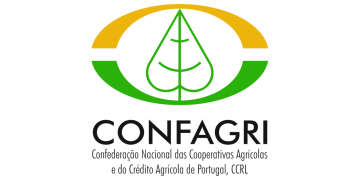














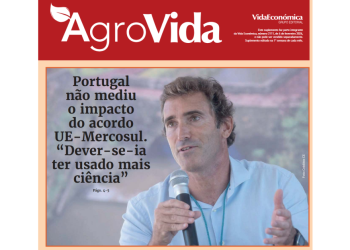


















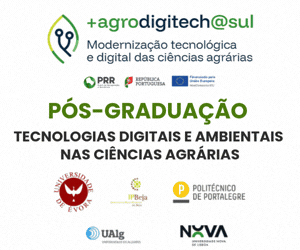








Discussão sobre este post